Go to any kid (or someone slightly older but a kid at heart) on the William Clarke campus and mention the name, Taylor Swift. They will instantly recognise such a name. In a world where Air pods can be found in every student’s ear coming off the bus, a music Superstar such as Taylor Swift is a name too familiar. So, when tour dates are announced Down Under (a place too many artists skip), you know there is going to be too many people wanting to see Taylor Swift in the flesh. There indeed was an overwhelming demand but the supply of tickets? Limited enough to start The Great War as Swifties run for tickets.
In the seven shows in Australia, Taylor would be playing in front of over 600 000 people in Sydney and Melbourne. With tickets ranging from the nosebleeds at $79 all the way to the top-end VIP package for $1249.90 to enjoy The Best Day, it is safe to assume that quite a bit of money is entering the bank accounts of Taylor Swift. There have been reports that a profit (that’s revenue minus costs) of $35 Million is possible for the pop star.
Thirty-Five Million Dollars. Do you know what that money could have been used for? To be spent in Australia and in Australian businesses after an economic down falling pandemic. Thirty-Five Million into the bank accounts of Australian employees and workers. Thirty-Five Million for the Government to develop programs for those in need during a cost-of-living crisis. Yet it’s going into the pockets of a millionaire.
What’s worse is when one has tickets, the purchasing of flights and accommodation is required in many circumstances. Ask any economics student what happens when demand is greater than supply and they will tell you the word ‘inflation’. A term known All Too Well (10-minute version). The Anti-Hero of increased mortgages and cost of products. Something Australia does not need right now.
You Need to Calm Down, the impact on the economy that Tay Tay will be putting on is actually not that bad. Long Story Short, the purchasing of flights and accommodation may be necessary for some concertgoers resulting in flight tickets on Australian airlines and staying in local accommodations. In fact, Australia’s national airline Qantas has added 60 additional flights during Taylor Swift concert week to manage the increased demand. This would increase profit for an Australian business which has seen limited revenue due to COVID-19.
Mr Macourt would be Bejewelled with my application of opportunity cost meaning when you sacrifice the spending of other things to buy one thing. In this case, Taylor Swift tickets. As mentioned earlier this will cause an influx in the prices of accommodation and flights due to demand. The reality is that the sacrifice financially made to purchase tickets will result in consumers not purchasing other items like skipping out on Starbucks (does anyone actually drink Starbucks in Australia), buying fewer clothes and cancelling the gym membership. At first, this is bad, but inflation will likely reduce when people are sacrificing other purchases.
Expert analysis and data have also suggested that the economy will be in a bit of a Cruel Summer in February when Taylor Swift comes to Australia. This means people are less likely to spend money and rather save. However, concertgoers will pretty much be forced to spend money on Ubers, eat overpriced hot dogs in Stadiums, to get in Style for the concert and way too much merch. This results in money being pumped back into the economy. Whilst one person spending $14 on a hot dog doesn’t seem like much, 600 000 people doing so Hits Different for the Australian Economy.
It is safe to say that Taylor Swift is Out of the Woods with being the culprit for the Australian Economy entering a recession. I’m looking forward to The Very First Night in Sydney. (I actually don’t even have tickets).
So, the real Question…? Can anyone count how many Taylor Swift song names were mentioned in this article?






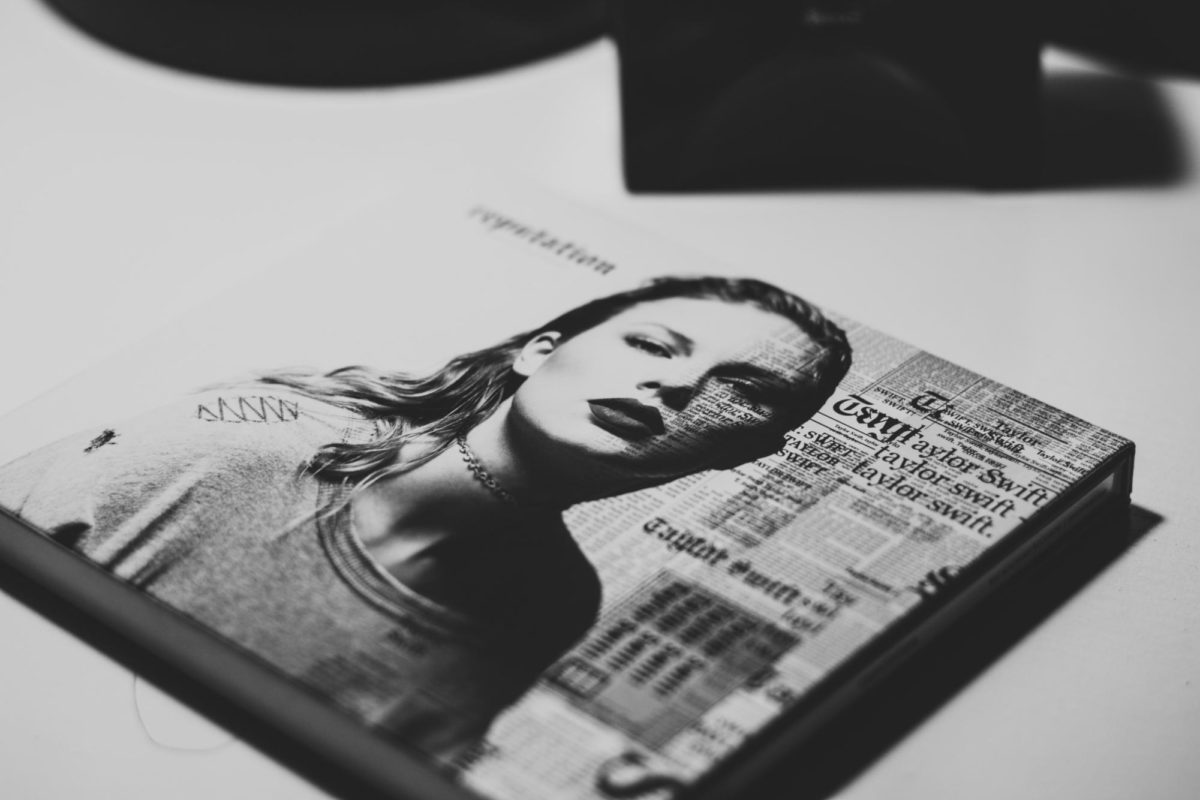
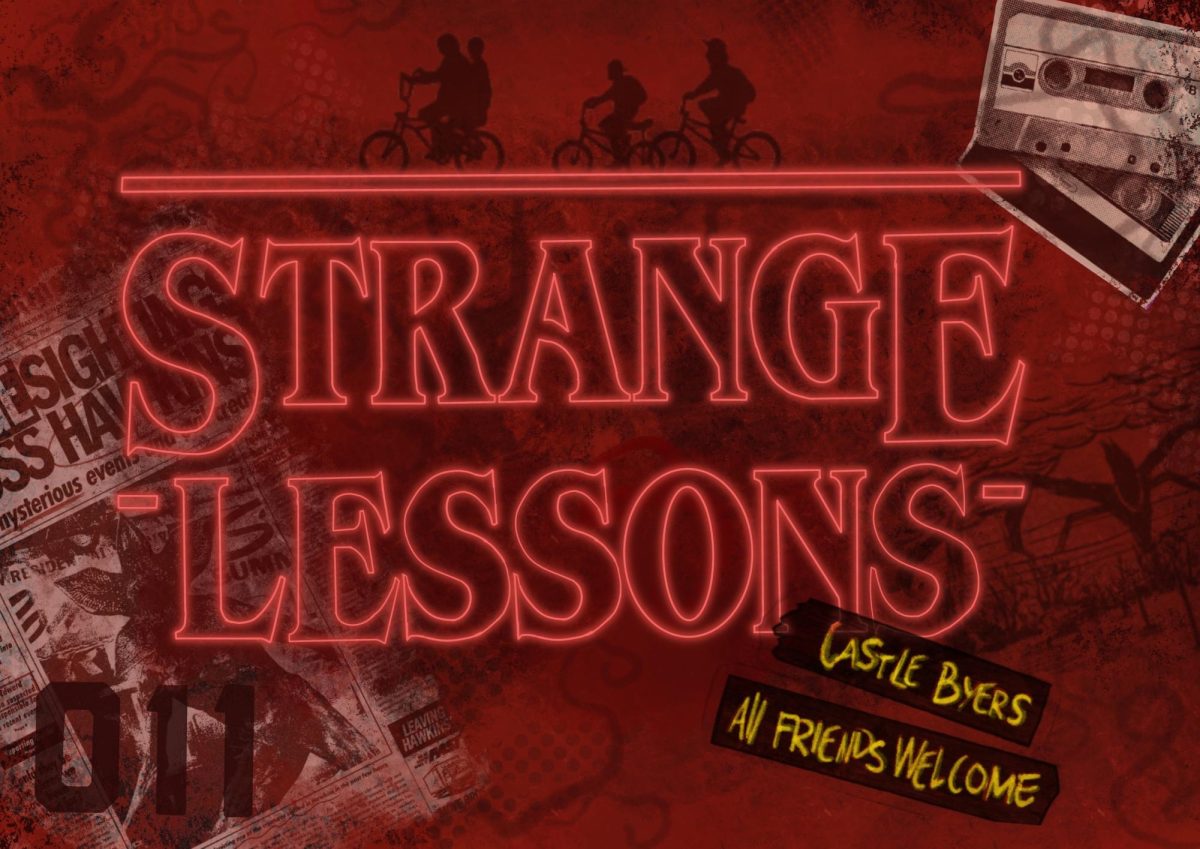
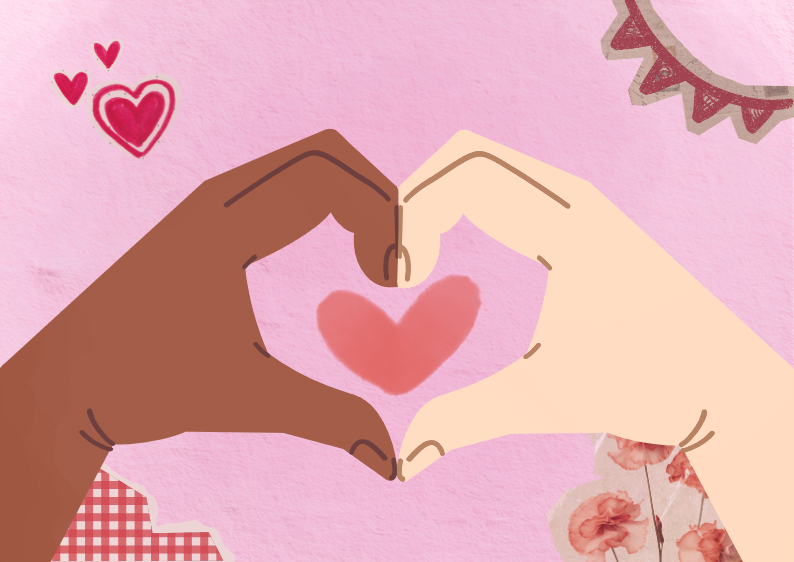
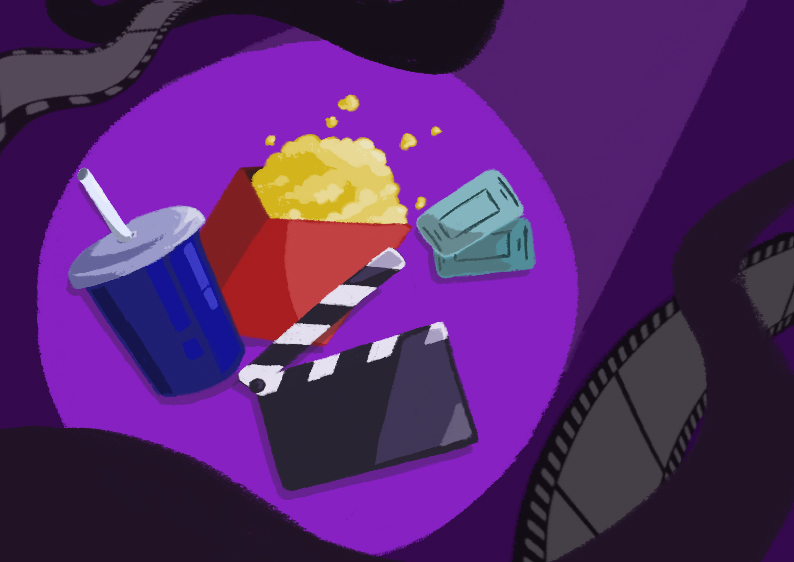
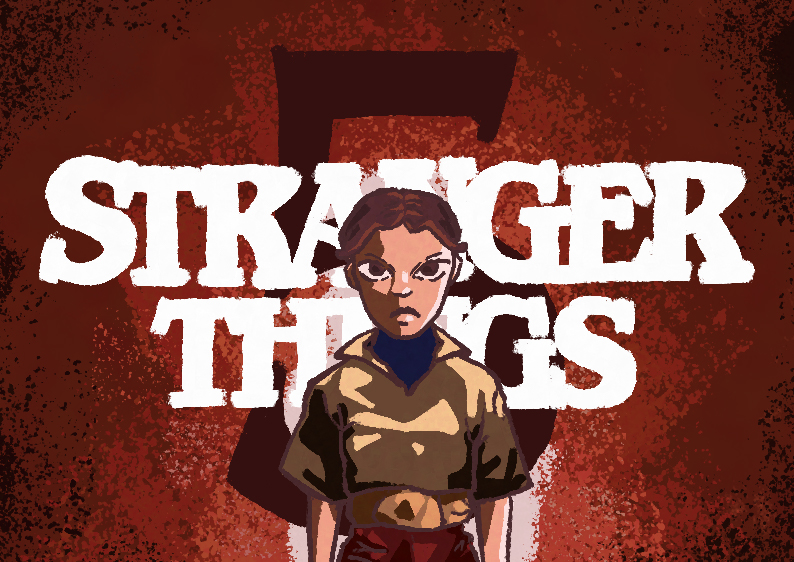
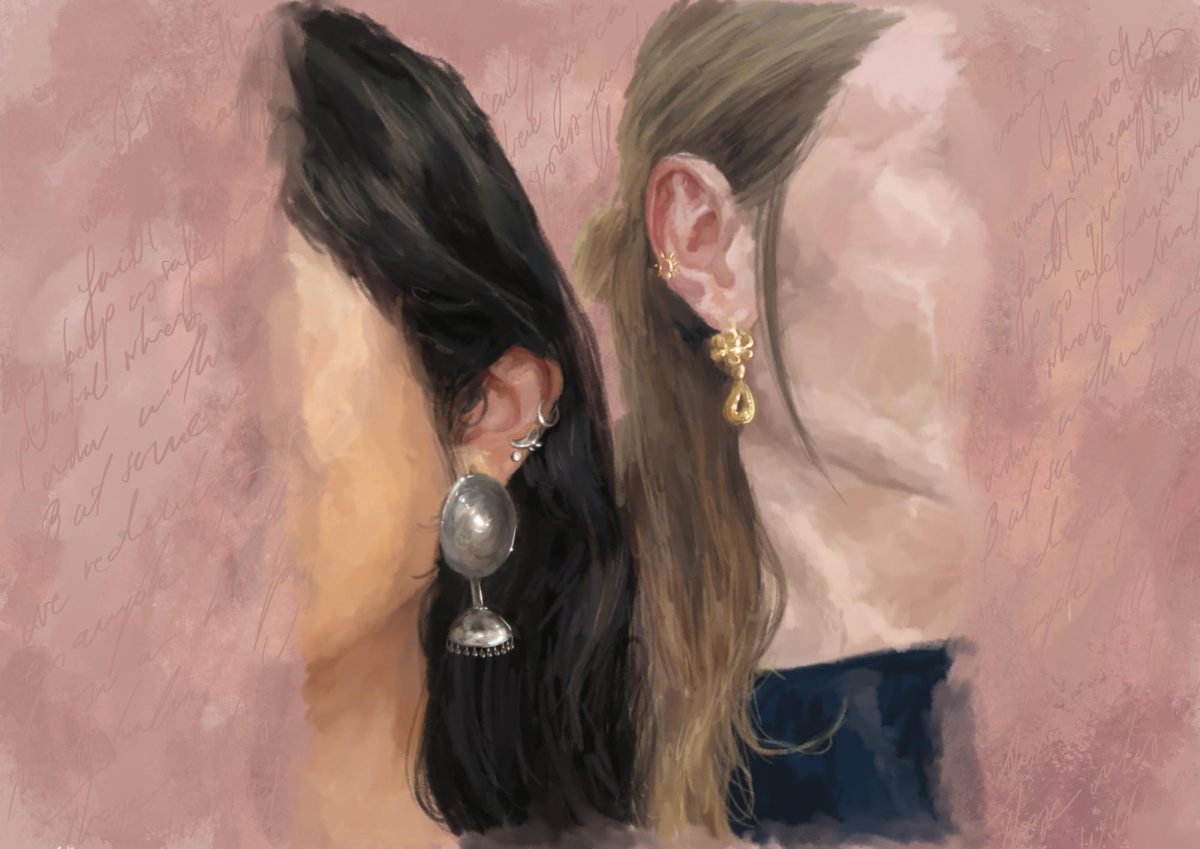
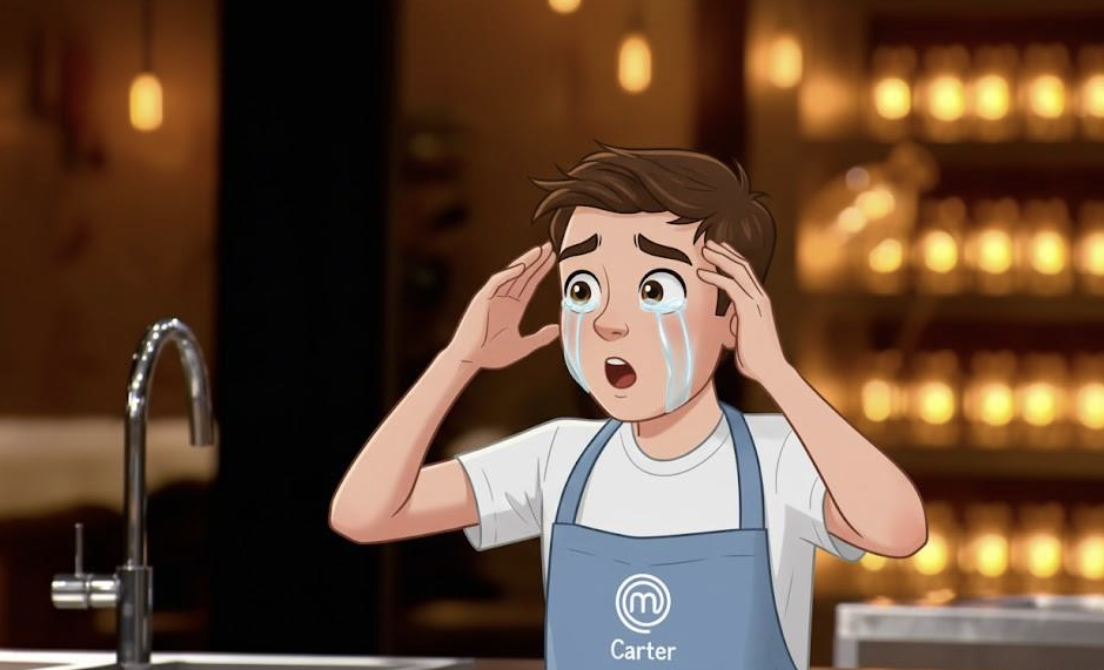


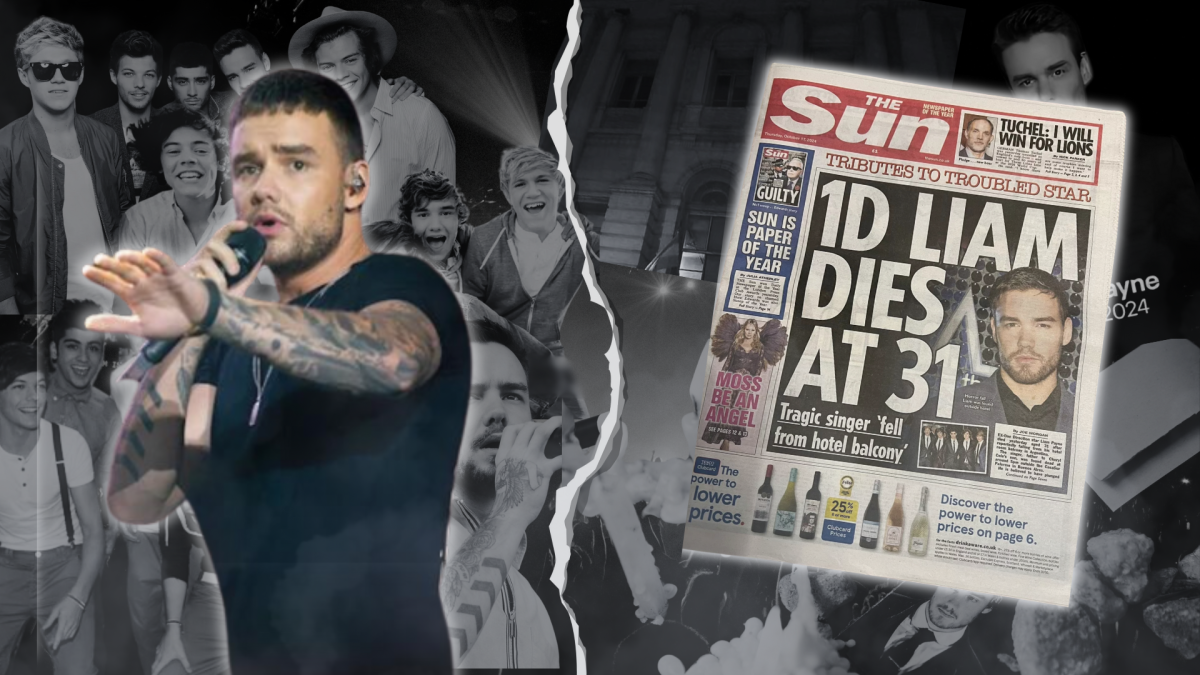
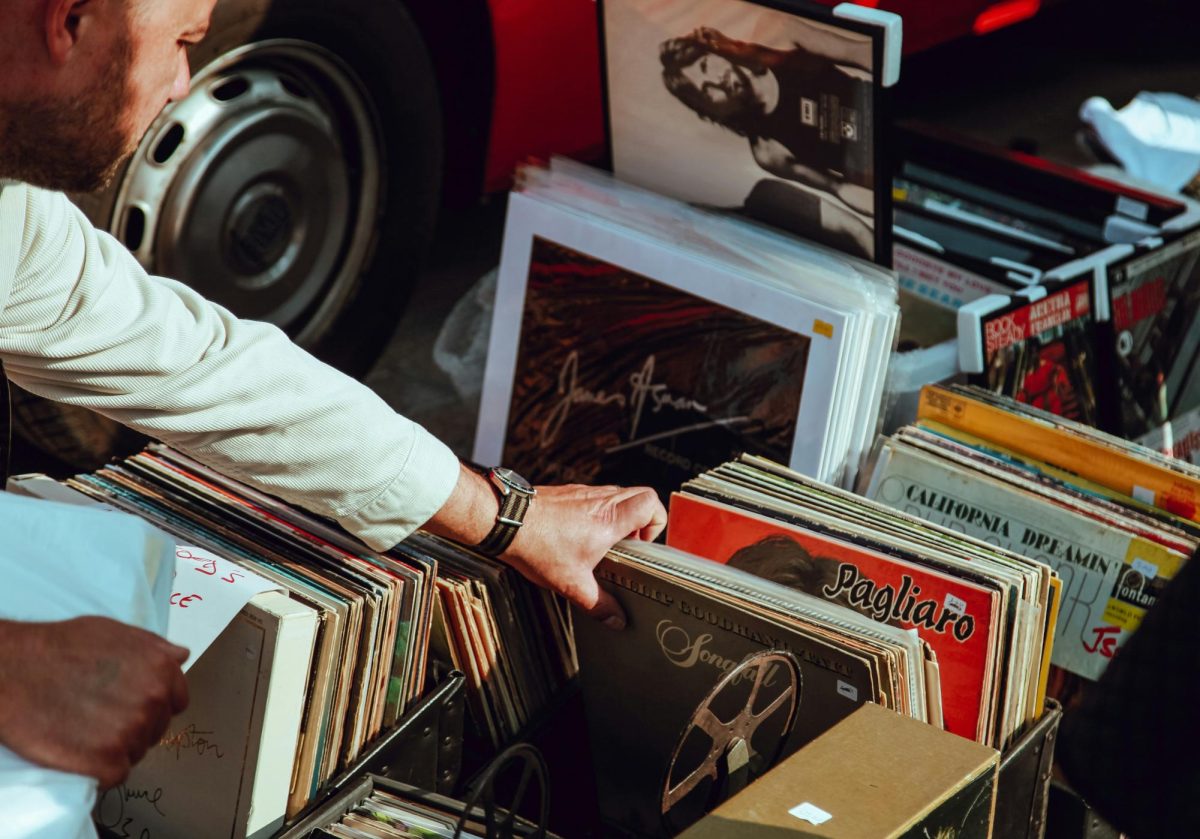
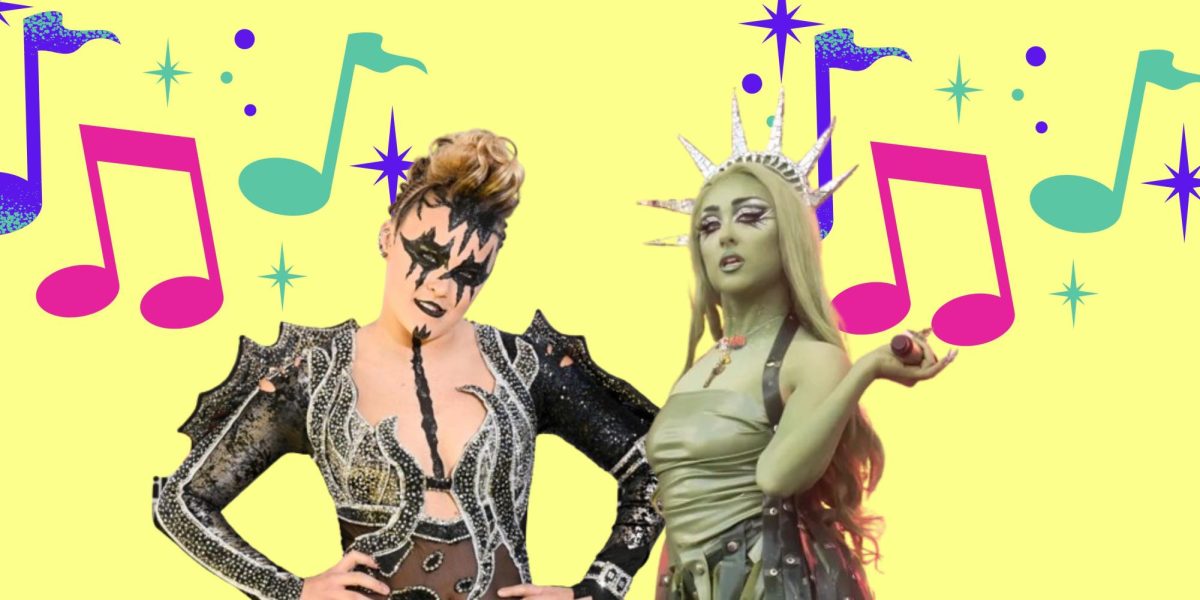

chloe • Aug 16, 2023 at 10:17 am
i dont listen to taylor swift but i counted 12